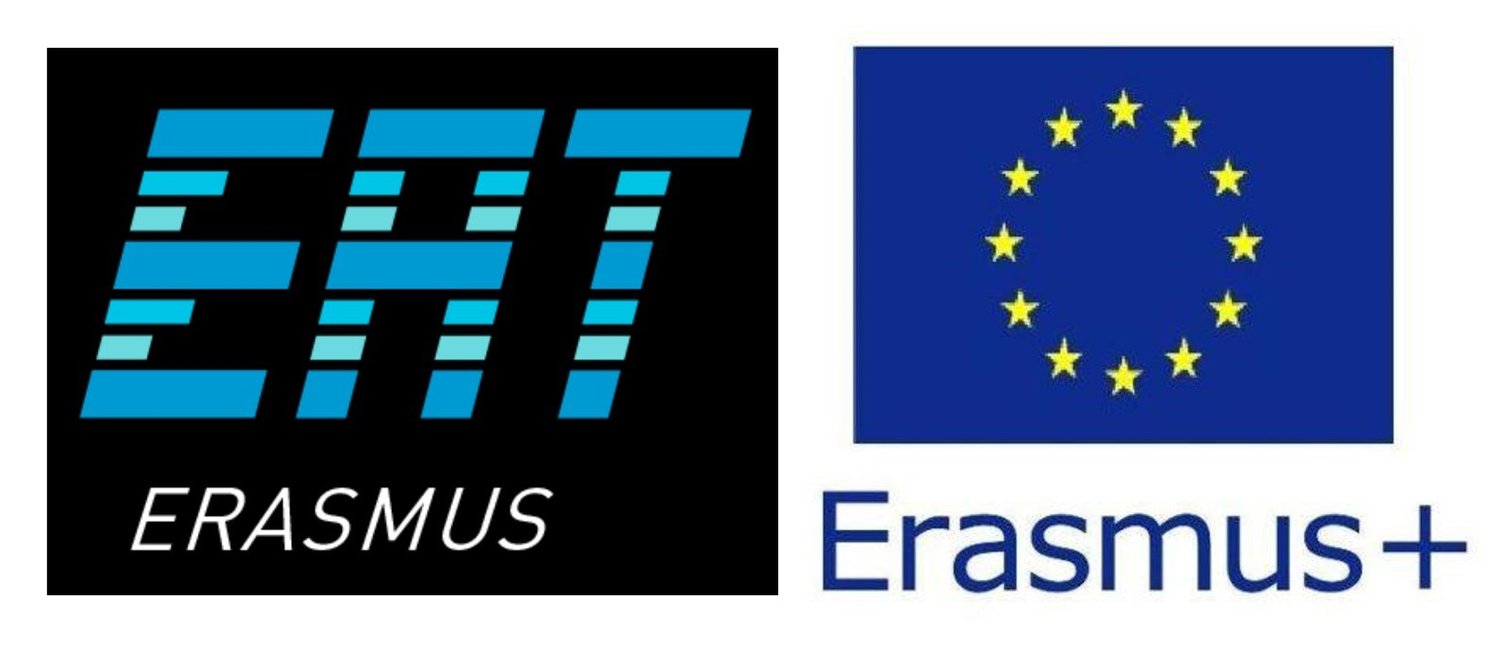2.4 Factors impacting the development of self-regulatory approaches at the individual level: The student perspective
Students’ perceptions of the value of a task and their perceptions of control (Panadero, 2017; Pekrun, 2006; Shell & Husman, 2008). Belief in the ability to realise one’s goals has a strong impact on assessment and feedback behaviours. Links between an individual’s self-esteem→ self-efficacy→ mastery→ effort→ performance have been noted, leading Gebka (2014) to suggest that strengthening any of the elements of this path by students, academics and institutions can have beneficial impacts on students’ academic performance.
Relationships between perceptions of high control, mastery goal orientation and positive affect are highlighted in Pekrun et al.’s (2002, 2006) control-value theory and similar theoretical perspectives are found in self-worth theory (Covington, 2004), and self-determination theory (Reeve et al., 2004; Ryan & Deci, 2002, Deci & Ryan, 2008). Self- determination theory explores the interaction between perceptions of autonomy and control, goal orientation/motivations, affect, locus of control (whether an individual feels outcomes are within his or her control or not), expectancy of success, and relatedness (the need to have meaningful relationships with others).
Students coming into university may be dependent on being told what to do (externally regulated) and may find the call to take responsibility for their own learning challenging. Similarly, from an educator perspective the pressure of higher education league tables, and the need to manage student satisfaction may lead educators to overcompensate and overly scaffold students’ learning which ironically impedes students’ development as independent learners.
Some individuals think that self-regulation requires total independence and self-reliance, whereas others see it as using the environment including help from others to support one’s learning. Perceptions of how students should be actively engaged in their learning varies among educators and students (Balloo et al., 2018).
Strategies to promote students’ self-regulatory development can have different impacts in different contexts (Dargusch et al., 2017), therefore methods or models of self-regulated learning have to be sensitive for contextual differences (Al’ Adawi, 2020).


